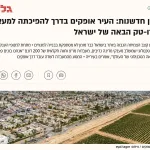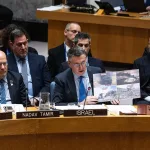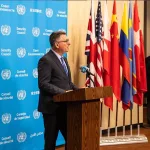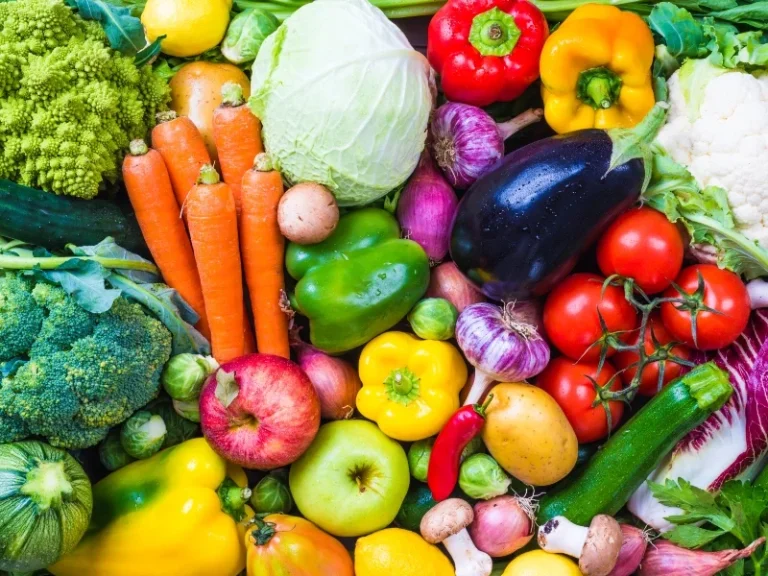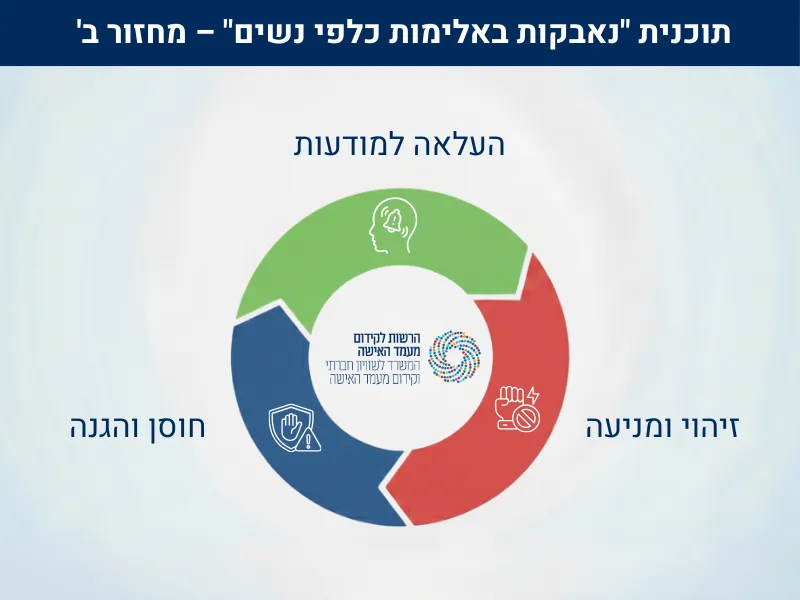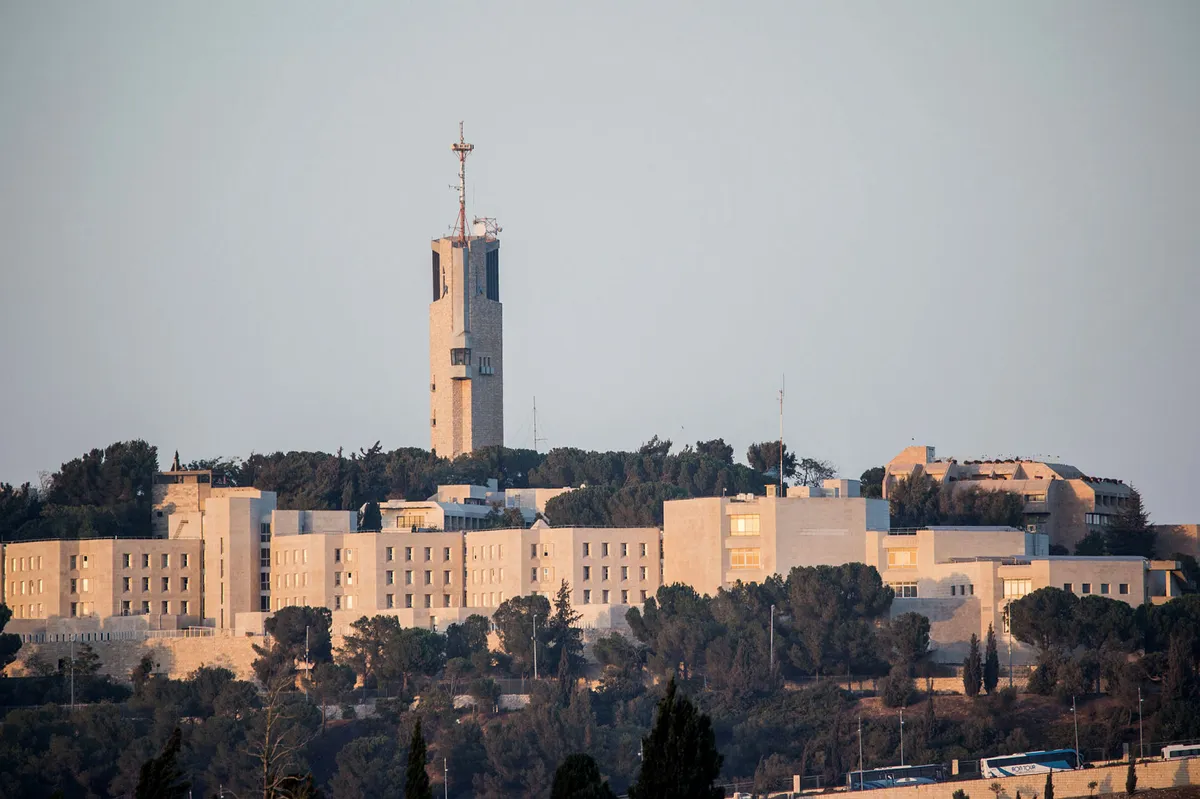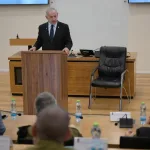The Ministry of Environmental Protection, in collaboration with the Ministry of Agriculture, is publishing a comprehensive plan to reduce food loss and waste in Israel. For the first time, the plan includes the establishment of RSLFs – Regional Systems for Lost Food. The plan sets targets based on two scenarios: a moderate scenario with a 25% reduction by 2050, and an advanced target of a 50% reduction in food loss and waste compared to the current situation. The implementation of the plan over the next five years is expected to prevent approximately 670,000 tons of lost food, save about 343 million ₪ per year in waste treatment costs, and yield a net economic benefit of about 452 million ₪ per year.
Idit Silman, Minister of Environmental Protection: “The national plan presented by the Ministry today is a historic milestone. For the first time, Israel has a comprehensive strategic plan for reducing food loss and waste, with clear targets and a broad action plan. The plan is based on research, analysis of barriers, learning from the world, and consultation with dozens of experts and stakeholders from all sectors. The plan provides a social, environmental, and economic response to one of the biggest challenges of the food system in Israel. Our responsibility is to ensure its practical implementation, through budgetary anchoring, inter-ministerial and multi-sectoral cooperation, and resolute government leadership. I am proud of the plan and am confident that it will create real change for the benefit of the citizens of Israel, the protection of the environment, and the entire economy”.
At a festive ceremony held this week at the Food Savers House in Jerusalem, attended by Minister of Environmental Protection, Idit Silman, the Ministry of Environmental Protection presented the national plan to reduce food loss and waste. This is an inter-ministerial and multi-sectoral initiative aimed at significantly reducing food loss in Israel and providing a systemic solution to one of the most important challenges. The plan was prepared under the leadership of the Ministry of Environmental Protection, in collaboration with the Ministry of Agriculture and Food Security and with the professional guidance of the Samuel Neaman Institute. The process of formulating the plan was accompanied by the work of an inter-ministerial committee and a broad consultation process with dozens of stakeholders and experts from the public, business, and social sectors. The plan provides a systemic response to a social, economic, and environmental challenge.
Food loss and waste represent an economic, social, and environmental challenge. Every year, approximately 2.6 million tons of food, valued at around 23 billion ₪, are thrown away in Israel. Of the total food that is discarded, about 44% – approximately 1.17 million tons – is salvageable, a regrettable reality given that 2.18 million people in Israel live with food insecurity. In addition to the economic loss, the phenomenon leads to the waste of water, land, and energy resources and even increases greenhouse gas emissions and air pollutants. In light of this challenge, the national plan to reduce food loss and waste offers a comprehensive strategic framework for mitigating the phenomenon in Israel. The plan is an expansion and deepening of a dedicated chapter formulated within the national food security plan of the Ministry of Agriculture and Food Security, and it is based on cooperation between the Ministry of Environmental Protection, the Ministry of Agriculture and Food Security, and other government ministries.
The plan includes recommendations for policy tools for the prevention and reduction of food loss and waste, as well as policy tools to increase food rescue in cases where surplus cannot be prevented in advance. To this end, the plan proposes five main actions, alongside investment in innovation and a national infrastructure for measurement and reporting:
- Improving access to information – A decision-support system will be created by sharing information, promoting standardization, and improving the expiration dates noted on food products. This aims to reduce the discarding of edible food and to examine and adapt existing food regulations to encourage the safe donation of food.
- Waste regulation – An examination of regulatory tools will be conducted to prevent the creation of food surpluses from the outset, such as a food waste fee or a ban on waste disposal. These measures will make it possible to reduce the amount of waste sent to landfills.
- Behavioral change – Education and public awareness campaigns will be conducted for the general public, along with professional training for agricultural, retail, and catering professionals, to encourage optimal use of food, reduce waste at homes and businesses, and raise awareness of food rescue.
- Expanding food rescue – The plan proposes building systematic mechanisms to rescue surplus food and direct it toward social needs. This will be done by strengthening the logistics chains for rescue and distribution, starting from the agricultural production stage, through marketing networks, and up to educational and welfare institutions. One of the central and innovative measures in the plan is the establishment of RSLFs (Regional Systems for Lost Food). These systems will focus on preventing waste and rescuing food on a regional scale, with government support. The RSLFs will be based on diverse collaborations among farmers, local authorities, regional clusters, food rescue organizations, local charities, businesses, and research institutions. They will work to map the existing situation in each area: who the active bodies are, the available infrastructure, where surpluses exist, and where the needs are. Accordingly, they will promote the establishment or upgrading of missing infrastructure and will synchronize all the factors in the area. The food rescued within this framework will include all types of food: fresh agricultural produce, packaged food, and even cooked food.
- Synchronization and coordination – The development of tools to divert emerging surpluses toward donation or industry.
In addition to the five main actions, the plan emphasizes the importance of investing in innovation, including the development of new technologies for food management and waste prevention, the promotion of pilot programs, and research initiatives. The plan also provides a comprehensive framework for establishing a governmental measurement and reporting infrastructure that will allow for tracking the plan’s progress, meeting its targets, and ensuring public transparency.
The implementation of the plan from 2026–2030 is expected to require a total government investment of approximately 220 million ₪. Of this amount, about 50% of the budget will be allocated to prevention measures, about 36% will be dedicated to rescue initiatives, and about 14% will be invested in cross-cutting activities. The plan’s assessment shows that this government investment will generate a cumulative benefit to the economy of approximately1.12 billion ₪. When non-governmental investments are also taken into account, the expected net benefit is approximately ₪452 million as a result of reducing food loss and waste.
The national plan to reduce food loss and waste creates the infrastructure for addressing one of the most urgent social and environmental challenges. Its full implementation will require broad collaboration between the government, local authorities, the business sector, and civil society. The plan is expected to yield immense benefits for the economy, the environment, and Israeli society as a whole.

